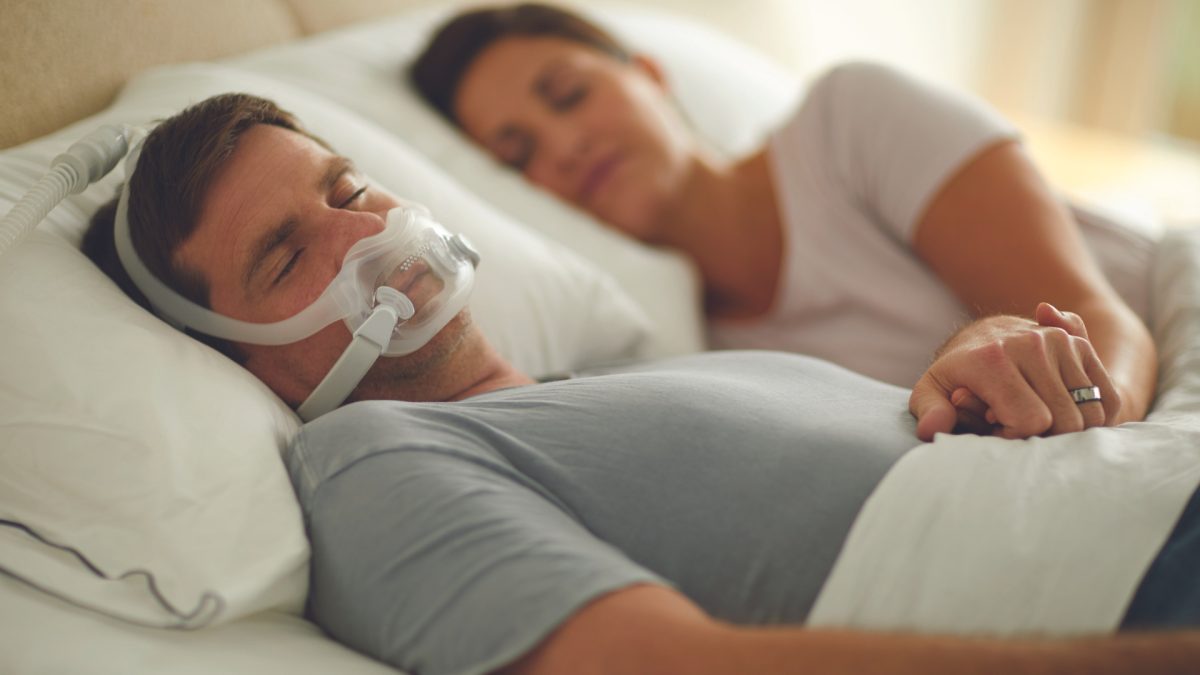Fact Checked
Intus Healthcare’s writers, customer service team, and sleep experts review and ensure this information is accurate.
Last updated on October 26th, 2023 at 08:41 am
CPAP Inclusive Support Materials
Baywater Healthcare is working on behalf of NHS England to create user-friendly information for individuals with learning disabilities and/or autism who use a CPAP machine. They aim to provide comprehensive guidance that will enhance CPAP experiences, address barriers, and ensure that their treatment is both effective and comfortable.
CPAP therapy is the GOLD standard treatment option for the sleep disorder Obstructive Sleep Apnoea (OSA). When treatment is not used, OSA symptoms will continue, causing continuous disruption to sleep and increasing the risk of other health complications.
How Learning Disabilities and Autism Can Impact CPAP
Individuals with learning disabilities and autism may have limited awareness of their sleep disorders and overall health issues. The difficulties they experience affect how they understand their therapy and communicate their emotions towards it. Individuals with learning disabilities and autism often face various obstacles that make it harder for them to access quality healthcare and equal support. This can make it difficult for them to understand and effectively manage their sleep disorder. Adapting to using a CPAP machine can be much harder for these people, making them uncomfortable and reducing compliance. With the proper support, it can improve their feelings towards treatment.
Baywater aims to create accessible materials that allow people with learning disabilities and autism to understand why they need to use a CPAP machine. The encouragement will help them continue treatment successfully. They also aim to provide beneficial information for carers and healthcare providers to assist them with using a device.
What is Accessible Information?
Accessible information can be read and understood by those with a disability, impairment, or sensory loss.
Supportive information may include:
- Videos with sign language.
- Demonstrations to the patient.
- Booklets and leaflets that are designed with guidance that’s easier for them to understand.
How Healthcare Professionals and Carers Can Help
To create the best support materials, they need the help of those who work with or care for people with learning disabilities and/or autism using CPAP. Those with first-hand experience and suggestions can help tailor suitable guidance materials to overcome the barriers.
Baywater has created two surveys, one specifically for healthcare professionals and the second for paid and unpaid carers. The surveys are designed for healthcare providers and carers to share their views to help Baywater understand the difficulties experienced. The feedback will be used to create the necessary support and reduce healthcare inequalities.
To share your feedback and help support Baywater, please take a few minutes to complete the relevant survey:
Is Sleep Apnoea a Disability in the UK?
No, Sleep Apnoea is not considered a disability. However, untreated Sleep Apnoea can trigger other health complications that can cause a disability.






